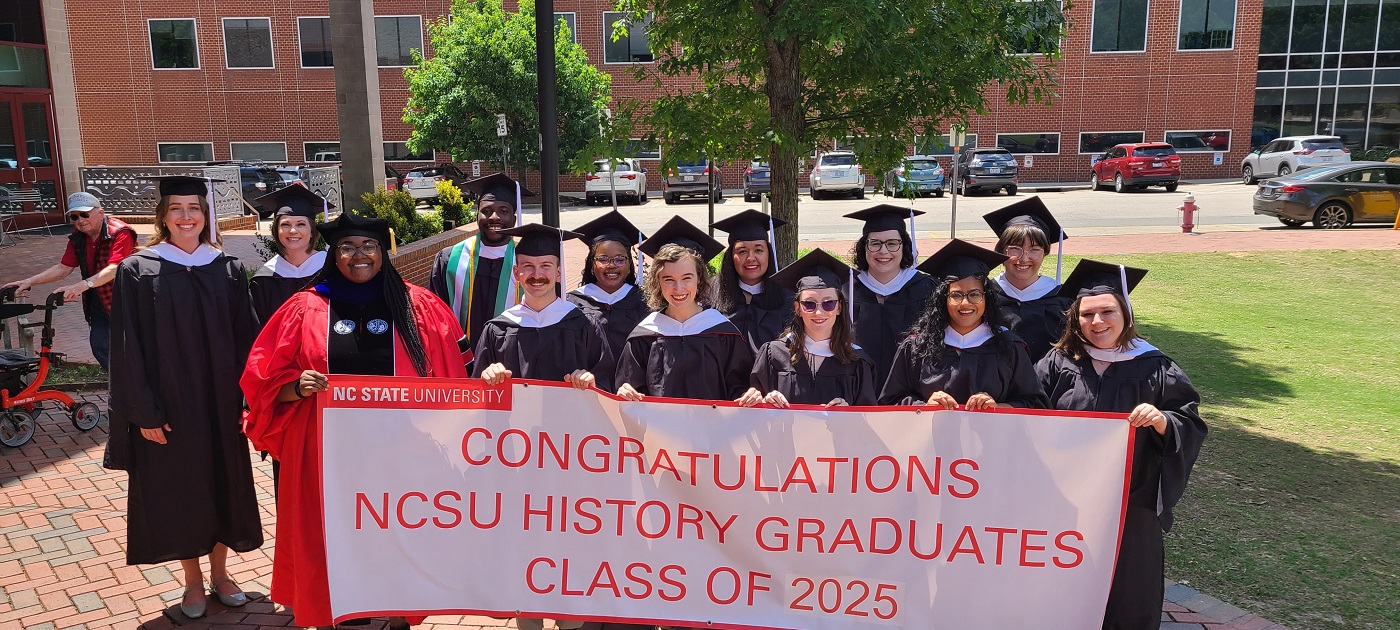History MA Student, Ashley Hunter, Presents Research at CAMWS Conference
At this year’s Annual Meeting of the Classical Association of the Middle West and South conference in Utah, I had the opportunity to share one part of my thesis research about how “death diplomacy” – a notion termed by Eric Seeman in Death in the New World – operated in Roman-indigenous conflict and intertribal affairs in Temperate Europe during the Late Republic and Early Empire. My wider research ties into broader historical questions about the ways in which expansionist societies of pre-modern Europe directed the flows of violence in their interests, and within this context of imperial expansion, created spaces of cross-cultural interactions between the conqueror and conquered.
The example that I presented was based on Caesar’s narrative of the execution of the Senones king, Acco in 53 BCE, and how his death inspired the Gallic revolt in 52 BCE. As a form of death diplomacy, this account demonstrates how Caesar’s graviore sententia conveyed a warning to other G auls, and by pronuntiata, Caesar transfers the power over life and death to himself – a power originally held by the druids in Gallic society. Certain features can also be distinguished about intracultural and intratribal relations amongst the Gauls: the indigenous peoples were prepared to sui capitis periculo to preserve their way of life that they enjoyed a maioribus – therefore, for the Gauls, a good death was a sacrifice to maintain tradition.
Ashley Hunter will graduate in Summer 2023.
- Categories:


